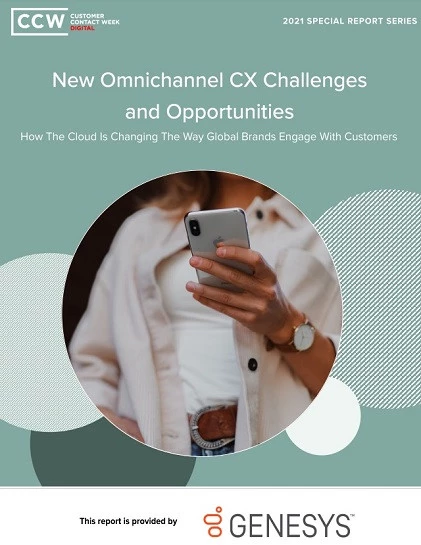Envious of Groupon and Zappos? Here's How You Can Achieve Their Success
Add bookmarkIt’s been over 15 years since the likes of Amazon, Expedia and eBay stormed the business world with their new ways of transacting business and startling growth. Ever since then, conventional wisdom has said that online success was best achieved by reaching operational scale and mass market appeal as quickly as possible. In other words, an "if you build it online, they will come from everywhere" approach.
Yet, recent developments belie this approach. Booz & Co., a consultancy, studied online successes and failures. They found that firms such as Webvan, Pets.com and Value America that focused exclusively on scale and mass marketing were unable to convert this strategy into market leadership. In fact, there are only 3 non-traditional retailers (Amazon, Newegg and Netflix) among the top 25 internet retailers, with Amazon coming in the highest at #4. Furthermore, a scale based strategy has fared no better in the B2B space. Specifically, Booz cites the failures of online auctions like FreeMarkets, Business.com and Covisint to transform B2B commerce.
There is much to learn from the above failures as well as from the new internet stars such as Zappos and Groupon. Two key success factors stand out. Firstly, they build distinct yet market-beating capabilities that support their mission. Secondly, they target these capabilities against local markets. Online winners achieve scale but realize it in different ways than their predecessors. Simply put, scale follows focus and capabilities.
[eventPDF]
Narrow the focus
Given the challenges around satisfying fickle consumer needsand achieving technological integration, it is difficult for online firms to design and maintain a full spectrum of powerful operational capabilities. Like traditional businesses, online firms often struggle to be all things to all people. The successful Internet firms are picking narrow business strategies and then developing supporting capabilities that provide a superior value proposition and service offering.
Zappos, the leading online shoe retailer, was one of the first Internet firms to follow a focused strategic approach. Before being purchased by Amazon in 2009, Zappos had bested their online foe by achieving superior client service and call center productivity through targeting one crowded and unpredictable market, shoes. Specifically, the company has been recognized as having the best trained and motivated customer service workforce. Interestingly, Zappos’s success came without enjoying Amazon’s mass scale advantages such as being a low-cost seller or having the largest selection of merchandise.
Think mass-local
In its early days, the online mantra was to sell everywhere at any time. While this still rings true in many instances, some of the latest internet success stories have pursued scale by deploying platform-level capabilities and expertise at a local level.
Groupon is an excellent example of this approach. The company – recently rebuffing a December 2010 $6B acquisition offer from Google – has gained scale by launching their "daily deals" coupon promotions in 500 global markets, tapping the marketing spend of local businesses. Groupon’s key metric is not the number of subscribers (though they have over 50 million) but rather the number of local subscribers – the ones of greatest interest to the revenue-paying merchants. In essence, Groupon is following the marketing truism of going where the money is. To support their strategy, Groupon has developed significant capabilities for identifying and vetting local merchants and managing promotional programs around them. Finally, their mass-local approach also generates scale from its inherent network effects (more consumers entice more sellers which in turn attract more consumers).
Of course, the narrowly focused and locally oriented online companies must continue to execute with excellence if they are to ward off competitors with similar models and continue to serve fickle customers well. Failure to do so will consign firms like Zappos and Groupon to the same fate as previous Internet stars Webvan, Pets.com, Friendster and Napster.
Are you looking to "be like Groupon and Zappos"? Do you want to turn your brand into the next cutting-edge force in the business world? Marketing 360 Exchange, for approved audiences only, puts you in contact with those on your level--senior-level executives who can make a real impact. Do you qualify to attend? Find out!
Mitchell Osak is managing director of Quanta Consulting Inc. Quanta has delivered a variety of winning strategy and organizational transformation consulting and educational solutions to global Fortune 1000 organizations. Mitchell can be reached at mosak@quantaconsulting.com












